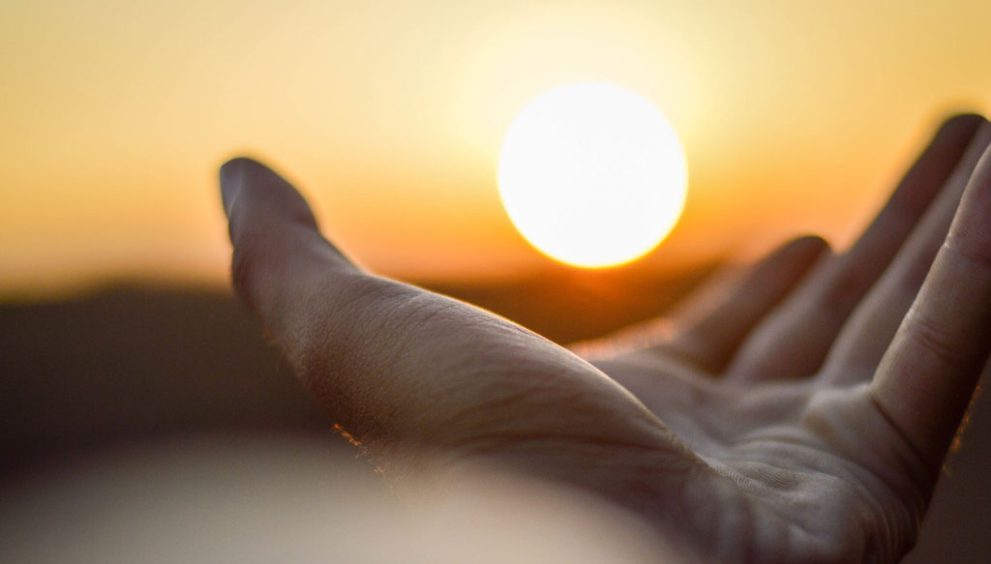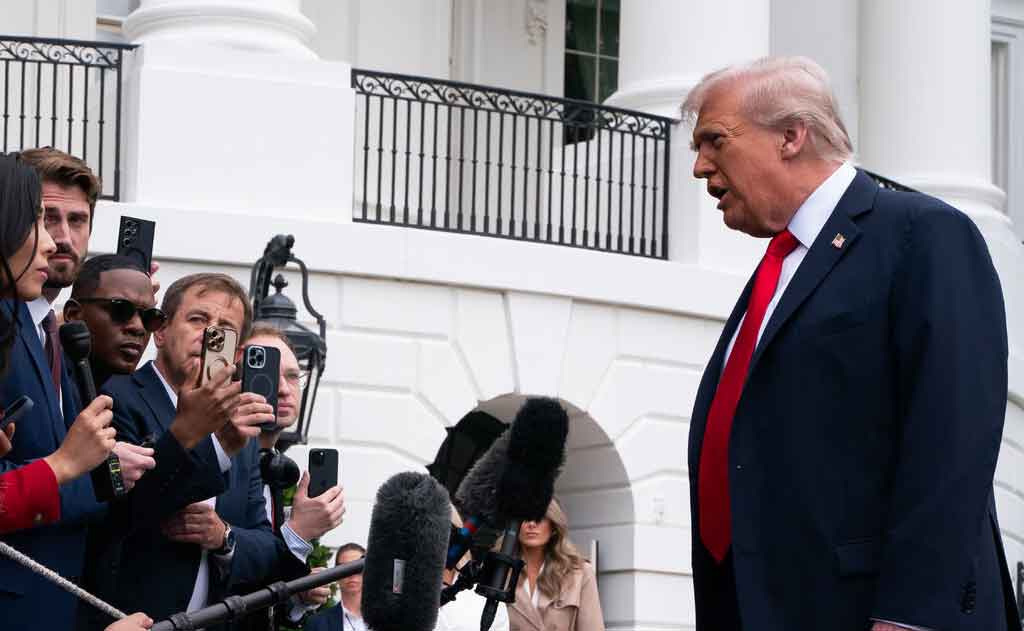Spirituality and Lifestyle Trends Shaping America in 2025

As the United States evolves in 2025, spirituality, lifestyle, and philosophical perspectives are undergoing profound shifts. From the integration of digital tools to the revival of ancient traditions in modern contexts, Americans are redefining what it means to live a meaningful, purpose-driven life. Below is a comprehensive exploration of the key trends shaping the nation’s spiritual and philosophical landscape, with a focus on inclusivity, innovation, and global influences.
1. The Rise of “Spiritual But Not Religious” Americans
A significant portion of Americans now identify as “spiritual but not religious,” marking a shift away from traditional organized religion toward personalized, fluid spiritual practices. This movement emphasizes inner peace, self-discovery, and connection to the divine through practices like meditation, yoga, and nature-based rituals.
Key Insights
- According to a 2023 Pew Research Center survey, 70% of U.S. adults describe themselves as spiritual in some way, with 22% identifying as “spiritual but not religious.”
- 86% of Americans believe in a soul or spirit beyond the physical body, and 81% acknowledge a spiritual dimension beyond the natural world.
- Practices such as mindfulness, journaling, and affirmations are gaining traction as alternatives to traditional worship, reflecting a desire for individualized spiritual experiences.
2. Technology and Spirituality Merge: VR Meditation & AI Coaches
The digital revolution is transforming spiritual practices, making them more accessible and personalized. Virtual Reality (VR) meditation offers immersive experiences, transporting users to serene environments like tranquil forests or sacred temples without leaving home. AI-powered spiritual coaches analyze user data to provide tailored mindfulness exercises, fostering deeper self-awareness.
Trending Tools
- Mindfulness Apps: Platforms like Calm, Headspace, and Balance now feature community challenges, progress tracking, and AI-driven meditation scripts for personalized practice.
- Digital Content: Podcasts, YouTube channels, and TikTok influencers deliver bite-sized spiritual wisdom, with social media platforms amplifying spiritual discourse.
- AI Guidance: AI voice assistants are emerging as meditation guides, adapting to users’ stress levels and spiritual goals to create customized experiences.
3. Gen Z Redefines Spirituality: Activism + Digital Exploration
Generation Z is reshaping spirituality by blending social activism with personal belief systems. Rejecting rigid religious structures, they embrace a “DIY spirituality” that incorporates elements from Buddhism, astrology, and eco-conscious practices. Social justice causes, such as climate change and LGBTQ+ rights, are seen as extensions of their spiritual and ethical values.
Gen Z Trends
- While 70% of Americans believe in an afterlife, younger generations, particularly those under 30, are less likely to attend traditional religious services, with only 2% of “spiritual but not religious” individuals attending weekly worship.
- Social media influencers on platforms like Instagram and TikTok play a pivotal role in shaping Gen Z’s spiritual narrative, promoting practices like tarot, crystals, and manifestation.
- 30% of U.S. adults under 30 report becoming more spiritual over time, compared to 20% who say they’ve become less spiritual, reflecting a dynamic exploration of belief.
4. Eco-Spirituality: Nature as a Sacred Space
Eco-spirituality is surging as Americans find divine connection through the natural world. Practices like forest bathing, moon rituals, and sustainable living are becoming mainstream, driven by a growing awareness of environmental challenges and a desire to align with nature’s rhythms.
Why It Matters
- Nearly half of U.S. adults (48%) believe that parts of nature, such as mountains, rivers, or trees, possess spiritual energies, a belief particularly strong in India and Peru but gaining traction in the U.S.
- Eco-friendly spiritual practices, such as retreats in national parks and sustainable funerals, are rising in popularity, reflecting a commitment to environmental stewardship.
- The wellness industry, valued at nearly $500 billion in the U.S., is increasingly incorporating eco-conscious products like fair-trade crystals and organic incense.
5. Blended Traditions & Global Philosophies
Americans are crafting bespoke belief systems by blending Eastern and Western philosophies, drawing from Buddhist mindfulness, Stoic resilience, Hindu practices, and Indigenous wisdom. This fusion reflects a growing openness to global spiritual traditions and a desire for holistic, inclusive approaches to meaning-making.
What’s Next?
- Customized Belief Systems: More Americans are expected to create personalized spiritual frameworks, combining practices like yoga, Ayurveda, and Stoic journaling to suit their unique needs.
- Global Influence: Books and thought leaders from Asian traditions, such as the Art of Living Foundation and Isha Foundation, are gaining prominence in the U.S., alongside growing interest in Indigenous practices.
- AI-Driven Spirituality: By 2035, the spiritual services market is projected to reach $787.4 billion, with AI-driven tools offering hyper-customized meditation and ethical guidance, further integrating global philosophies.
Final Thoughts: Spirituality in 2025 Is Fluid, Inclusive, and Dynamic
Far from becoming less spiritual, Americans are embracing a more diverse, fluid, and inclusive approach to spirituality in 2025. Whether through technology-enhanced mindfulness, nature-based rituals, or activism-driven ethics, the pursuit of meaning is thriving in innovative ways. As the spiritual services market grows and digital platforms make practices more accessible, the U.S. is poised to continue its journey toward a redefined, interconnected spiritual landscape.
Stay updated with ClickUSANews.com for the latest insights into America’s evolving lifestyle and beliefs.













